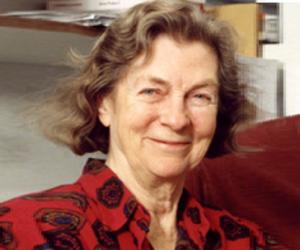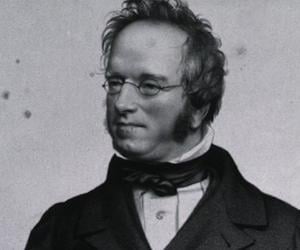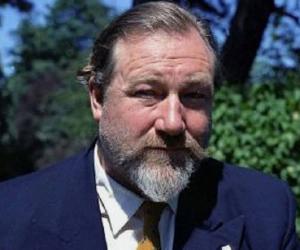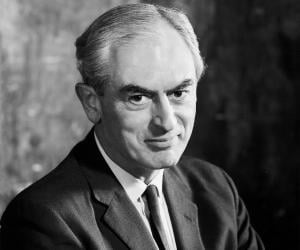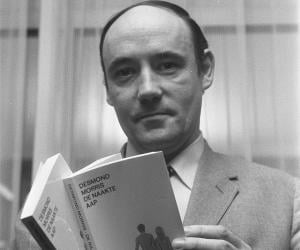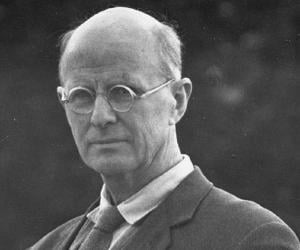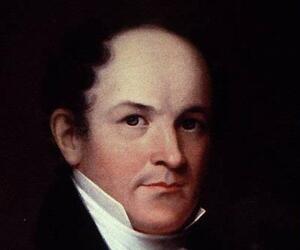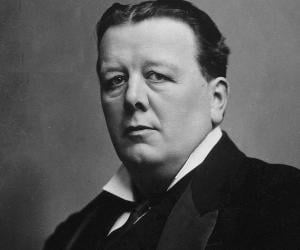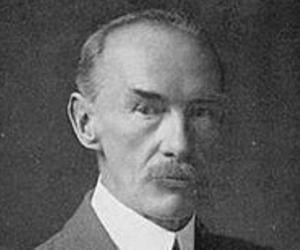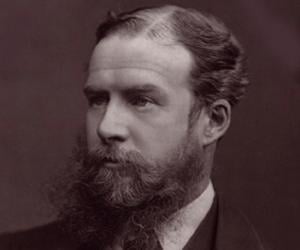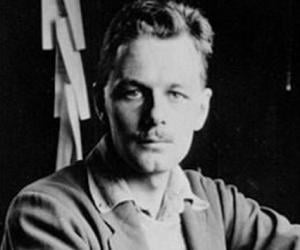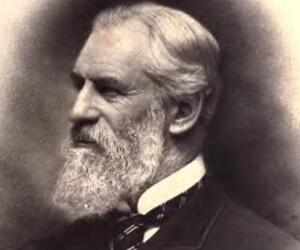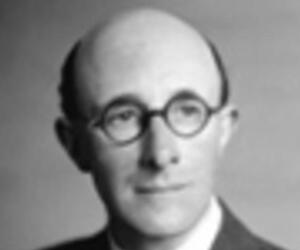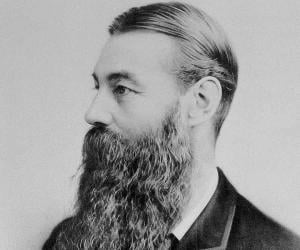1
Walter Rothschild, 2nd Baron Rothschild
(British Politician and Zoologist Who Served as a Member of Parliament from Aylesbury)
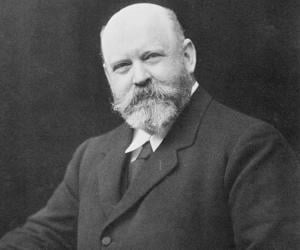
22
8
Birthdate: February 8, 1868
Sun Sign: Aquarius
Birthplace: England
Died: August 27, 1937
Lionel Walter Rothschild, 2nd Baron Rothschild, was a multifaceted professional known for his roles as a banker, politician, zoologist, and soldier. He made significant contributions as a Zionist leader and played a key role in British support for a Jewish national home in Palestine through the Balfour Declaration. Rothschild also served as the president of the Board of Deputies of British Jews, showcasing his involvement in various aspects of public service and leadership.
